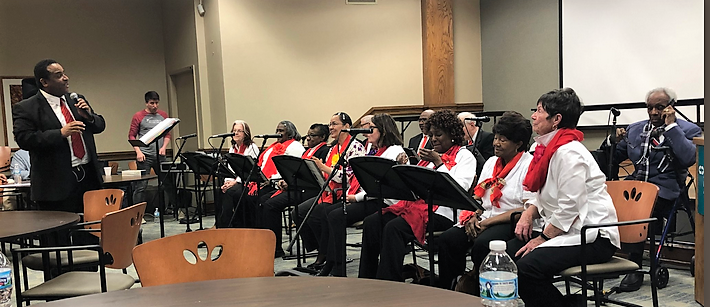Crystal Potts, Director of State Relations for UW-Madison, spent a week with 38 others on the Wisconsin Idea Seminar. The Wisconsin Idea Seminar is a week-long development program that immerses faculty and staff in different locations around Wisconsin, allowing participants to learn more about the state they serve.
The Big Lake Tour took the group on an exploration of the wetlands of Lake Superior’s southern shore with tribal members of the Bad River Band of Lake Superior Chippewa. The group visited a dairy farm, collaborated with leaders in education, met with environmental stewards and business owners, and heard from Milwaukee-based community leaders and Latino and African American families who are partnering around the creation of dementia friendly communities in Wisconsin.
Here is look back at the experiences, the people and the places that shaped the week for Crystal Potts.
Day 1 included a Ho-Chunk cultural walking tour on the UW–Madison campus. The day also included stops at farms in Sauk City and near Coloma to learn more about the dairy and vegetable industries in Wisconsin. The group also visited the Hancock Agricultural Research Station to hear local perspectives on the future of the Central Sands region in Wisconsin.
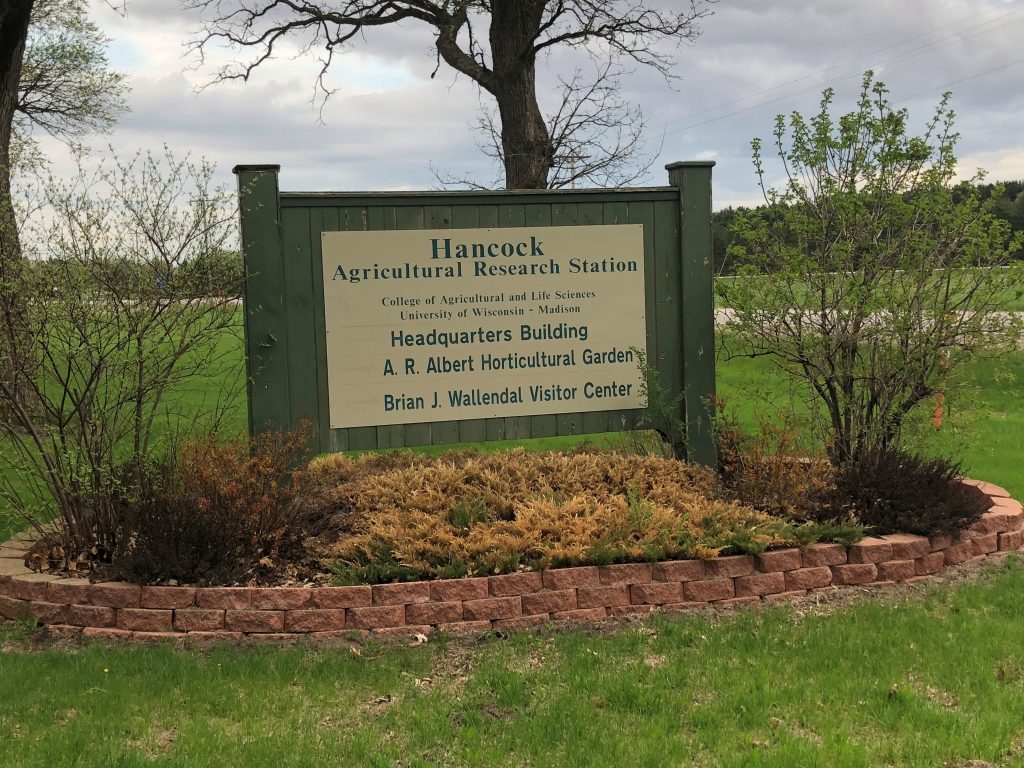
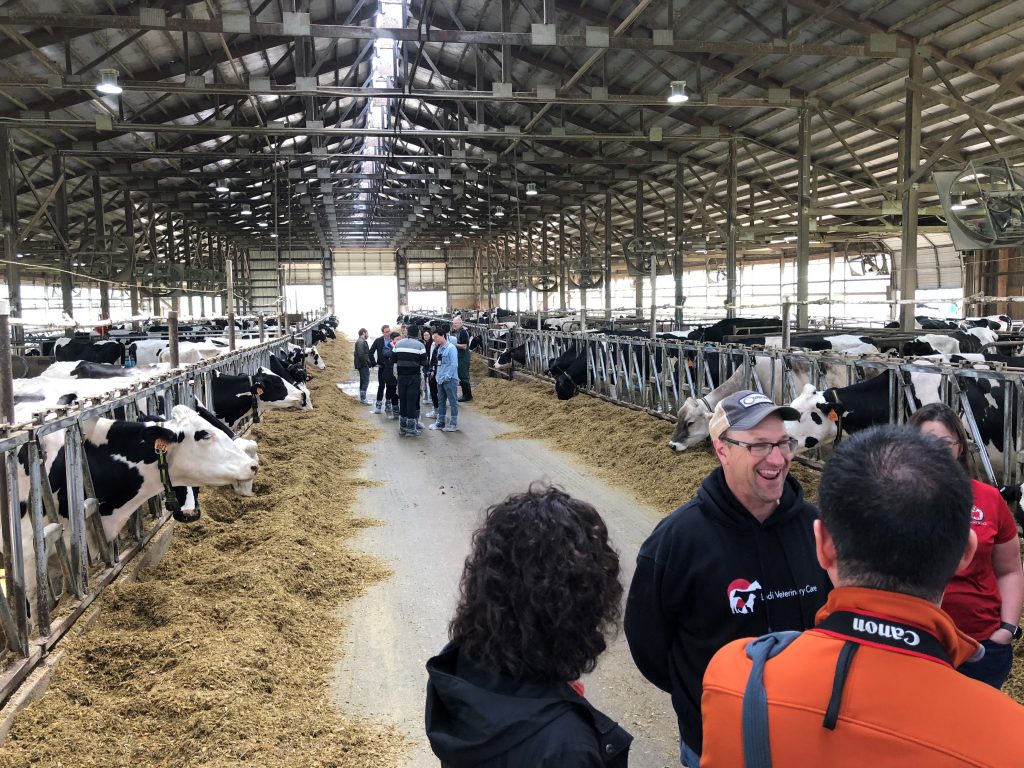
Day 2 began at UW- Marathon County, a two-year campus of the University of Wisconsin System located near downtown Wausau. The group discussed the economic impact of higher education and ways that higher education plays a role in economic development for the region. The group then drove to Abbotsford to talk with K-12 education leaders in a rural school district with an increasingly diverse population.
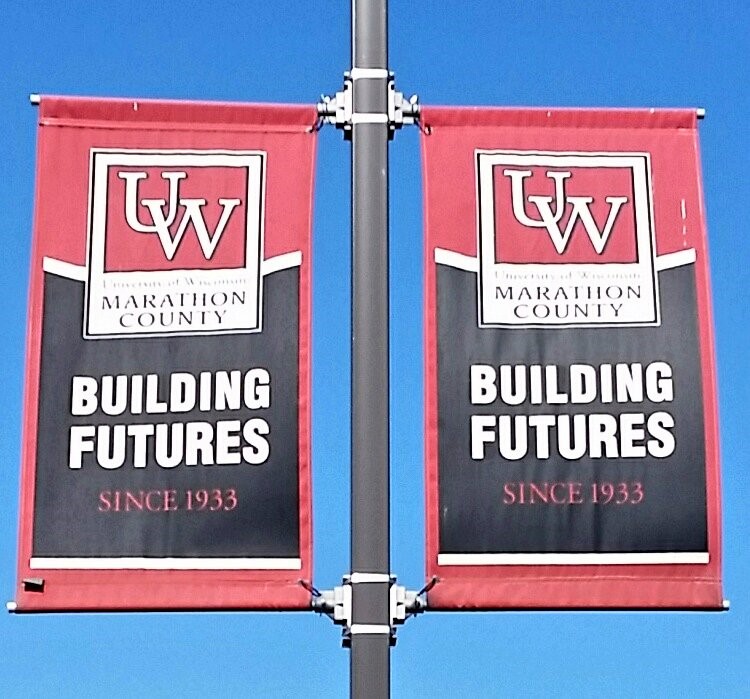
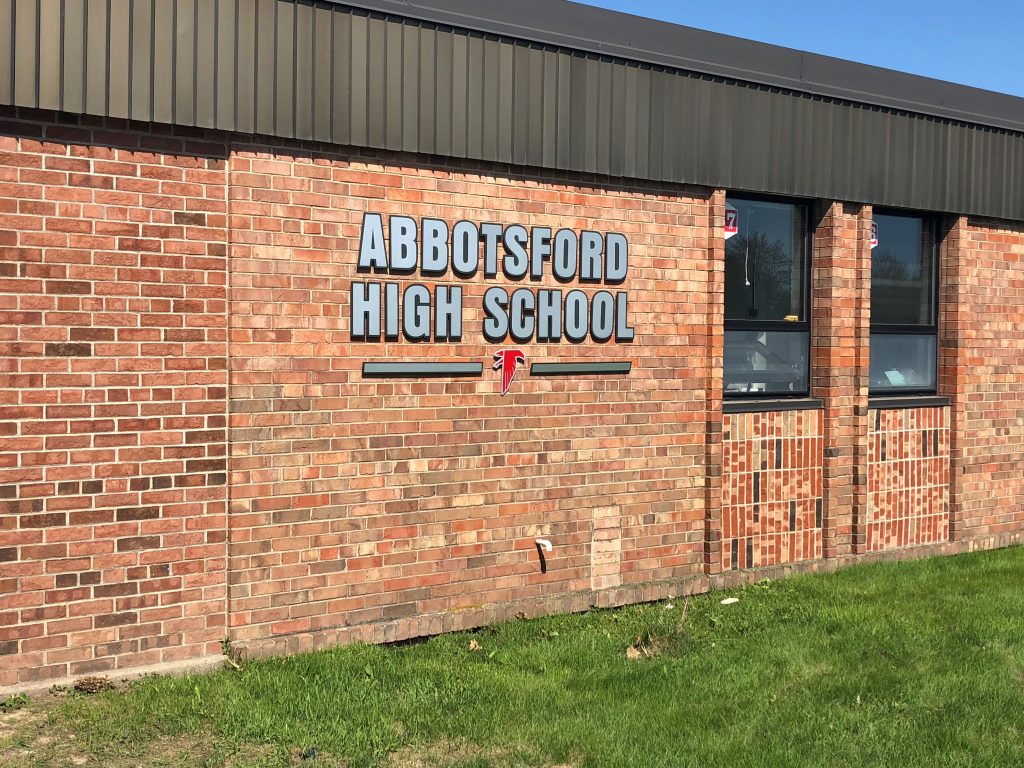
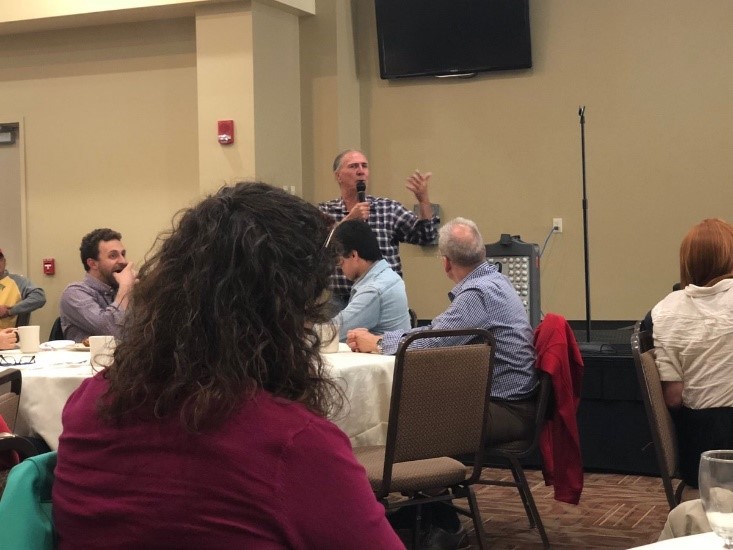
Day 3 began with a boat ride on the Kakagon Sloughs and a tour of the Bad River Fish Hatchery to learn more about Lake Superior and its surrounding watershed. The day continued with a hike through the Houghton Falls nature preserve with Northwest Passage, a group that provides mental healthcare for adolescents.
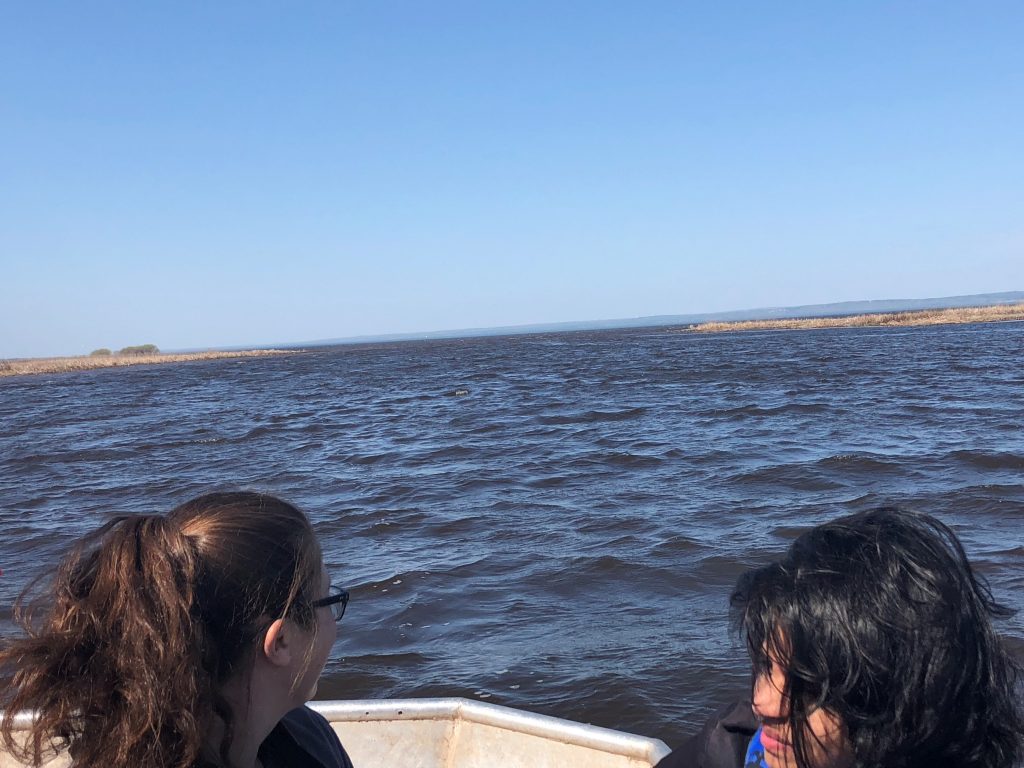
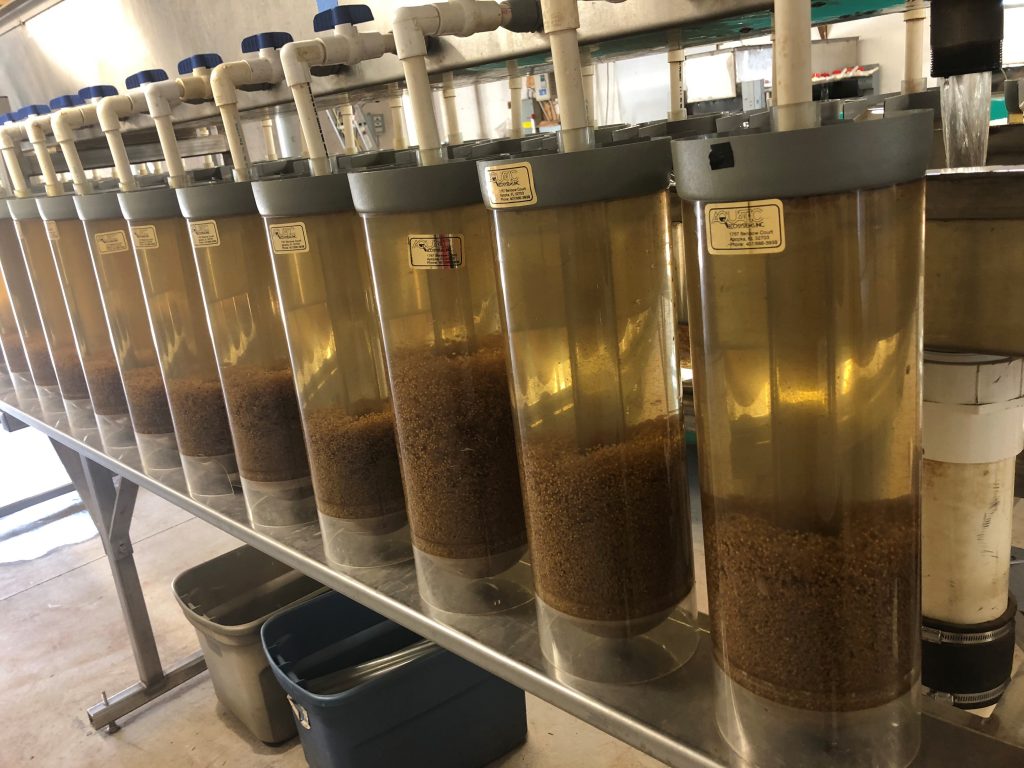
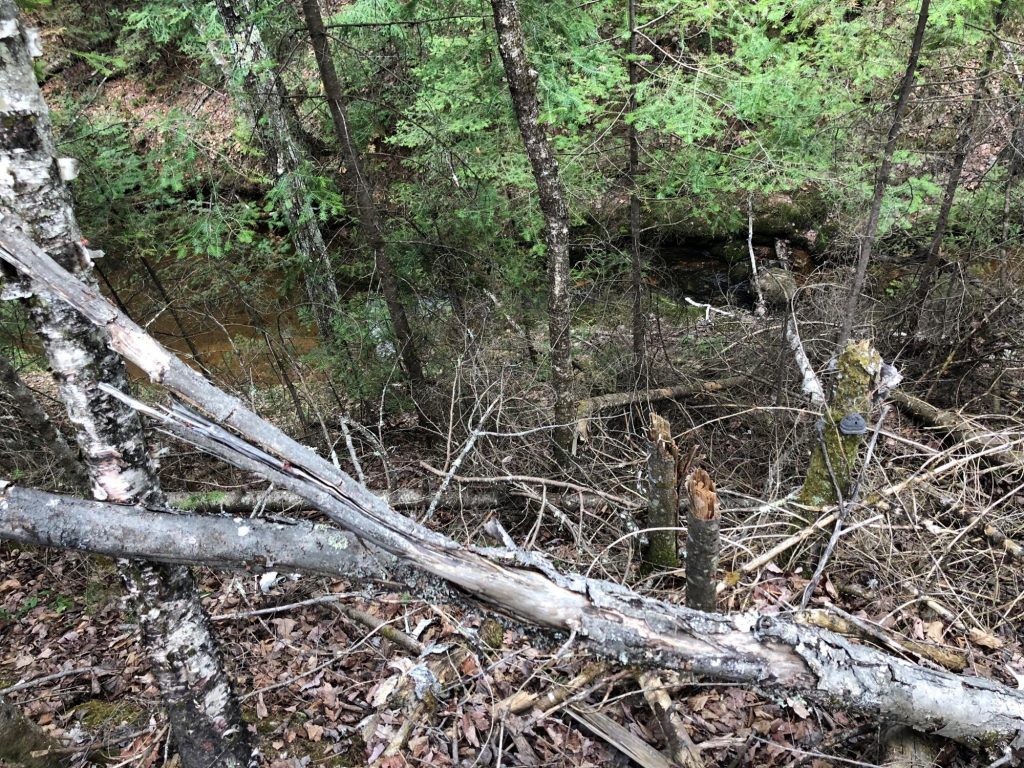
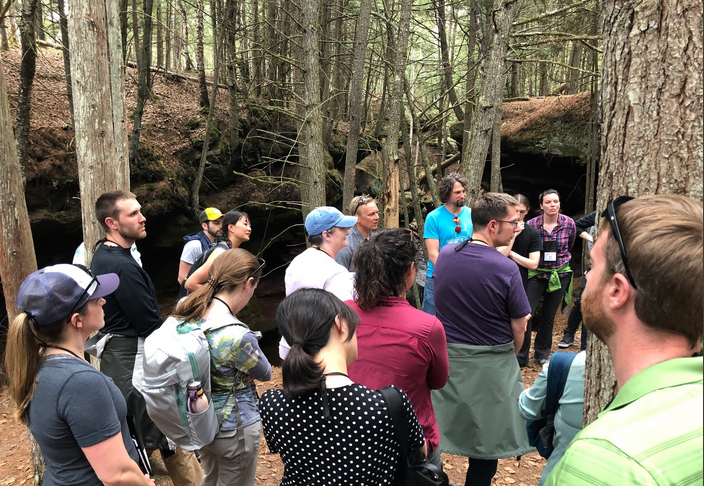
Day 4 included a trip to Fox Lake Correctional Institution. The day included a great bus discussion about corrections in Wisconsin led by UW–Madison Assistant Professor Cecelia Klingele.
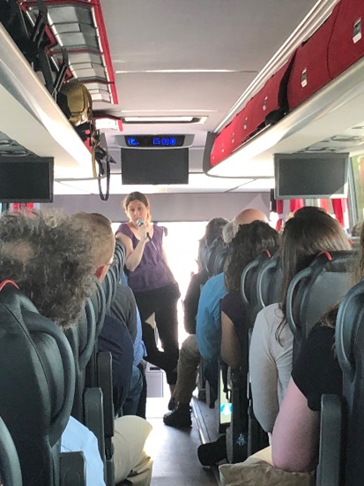
Day 5 was the final day of the Wisconsin Idea Seminar. The seminar took participants to Milwaukee for a tour of the United Community Center, a resource center for Latinos in the Milwaukee area. The visit included discussion on community collaborations surrounding healthy aging and managing Alzheimer’s and dementia. The visit ended at Aurora Sinai to hear from individuals who work for School of Medicine and Public Health Alzheimer’s Institute-Milwaukee and for a performance from the Amazing Grace Choir.
